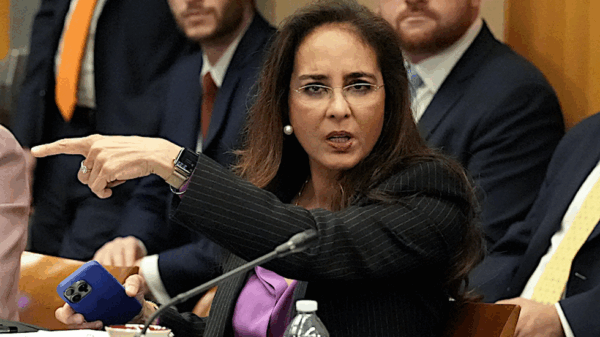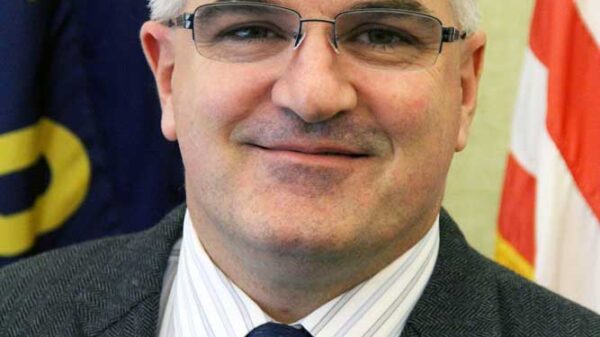The work of Lisa Cook, a Federal Reserve Governor, has significantly influenced contemporary economic policy, particularly through her groundbreaking research on the intersection of race and economics. Her studies have illuminated how systemic barriers affect economic performance and innovation, providing vital insights that resonate in today’s economic discussions.
Cook’s academic journey began at Michigan State University, where she developed her interest in economics. She later advanced her studies at the University of California, Berkeley, and earned her doctorate in economics. Her research gained prominence during the early 2000s when she began to focus on the implications of racial and gender disparities in economic outcomes.
Groundbreaking Research and Recognition
One of Cook’s most notable contributions is her analysis of how the exclusion of minority groups from economic participation impacts overall economic growth. In 2022, she published a pivotal paper through the National Bureau of Economic Research, which outlined the potential economic gains if barriers to education and employment for underrepresented groups were removed. This research estimated that the U.S. economy could have seen an increase of $2 trillion annually if equality had been achieved since the 1970s.
Cook’s findings have not only advanced theoretical frameworks but have also provided empirical evidence that policymakers can leverage. Her work has been instrumental in shifting the conversation around economic policy, emphasizing that inclusivity is not just a social imperative but also an economic necessity.
In addition to her academic achievements, Cook has held several prestigious positions. Before her role at the Federal Reserve, she served as a professor at Michigan State University and worked at the White House Council of Economic Advisers during the Obama administration. Her diverse experiences have equipped her with a unique perspective on the challenges facing the economy today.
Impact on Economic Policy
Cook’s appointment to the Federal Reserve in 2021 marked a significant moment, as she became one of the first Black women to hold this position. Her presence in such a critical role underscores the importance of diverse voices in shaping economic policies that affect millions.
In her current capacity, Cook has advocated for policies that address economic inequality, particularly in the wake of the COVID-19 pandemic. She argues that a robust recovery must focus on equitable growth to ensure that all communities are able to participate in the economic resurgence. Her recent speeches highlight the need for the Federal Reserve to consider the broader social implications of monetary policy.
As the global economy continues to grapple with various challenges, including inflation and labor market disparities, Cook’s research remains increasingly relevant. Her work is shaping how economists and policymakers approach economic recovery and growth in a more inclusive manner.
Cook’s journey reflects the evolving landscape of economics, where the integration of diverse perspectives is crucial for understanding complex economic phenomena. Her contributions serve as a reminder that the field of economics is not merely a collection of theories but a dynamic discipline that directly impacts people’s lives.
In conclusion, Lisa Cook has not only made a name for herself in economics through her pioneering research but has also become a leading voice in advocating for policies that promote inclusivity and equity. As she continues to influence economic policy at the Federal Reserve, her work will likely shape the future of economics for years to come.


































































